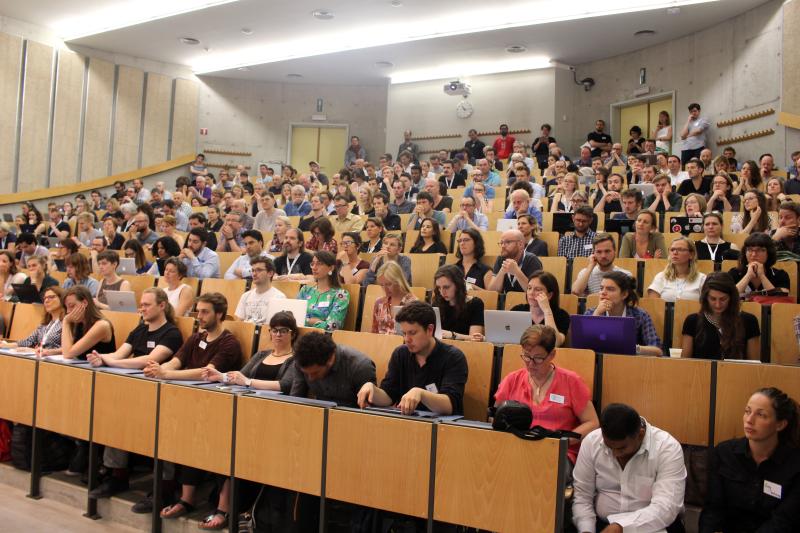From March, we have monthly pop-up sessions under the label “The making of…” This is your chance to hear about great new investigations, published around Europe and the world. Where did the idea come from, what where the methods and the challenges? Meet the people behind the revelations!
And during the autumn months, we offer a series of Dataharvest master classes, where you can learn some of the skills that are essential to an investigative reporter.
The program will be published around March 26 2021, but you can already note the dates.
Join us if you need training, if you want to learn the background of some of this year’s impressive investigations, if you want to get new data sets and learn how to use them – or if you need to meet colleagues to form the next crossborder group.
Do you have ideas for a session? Or know someone from your country who would be a great speaker? Or use an innovative technique to squeeze stories out of a dataset? Send it to us by filling out the proposals form!
Dataharvest – the European Investigative Journalism Conference – is organized by ARENA for Journalism in Europe.
More info: www.dataharvest.eu
